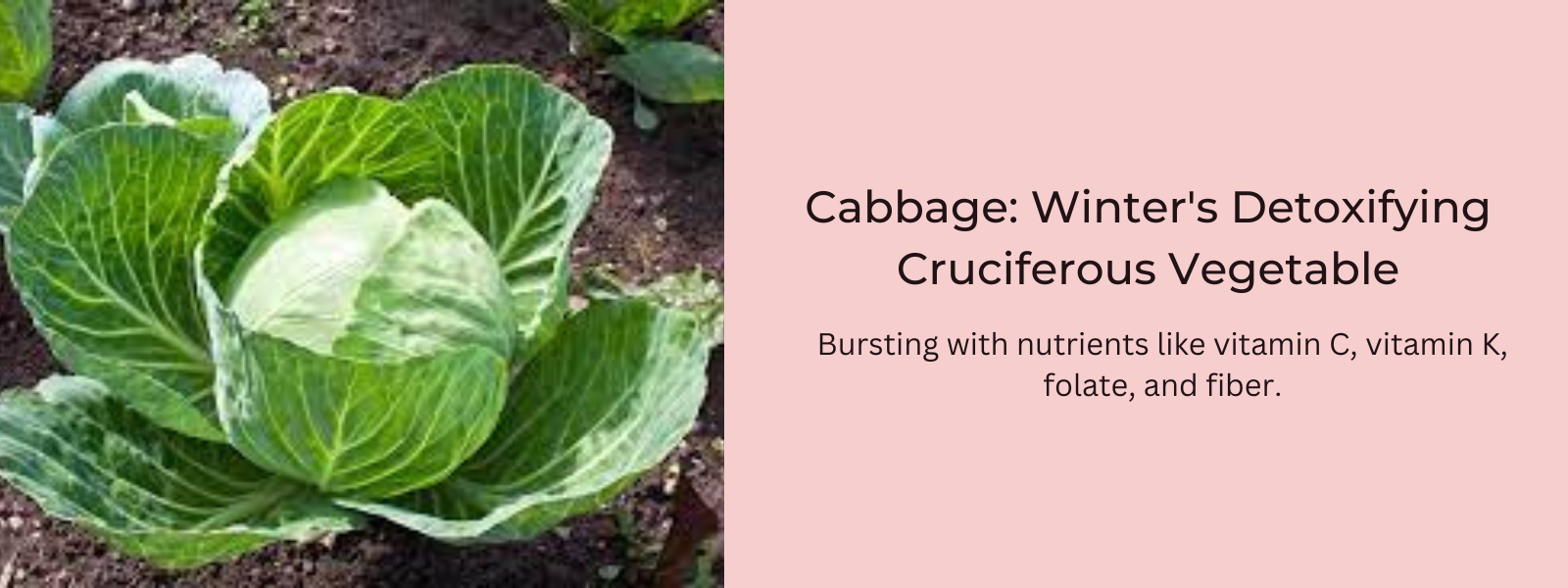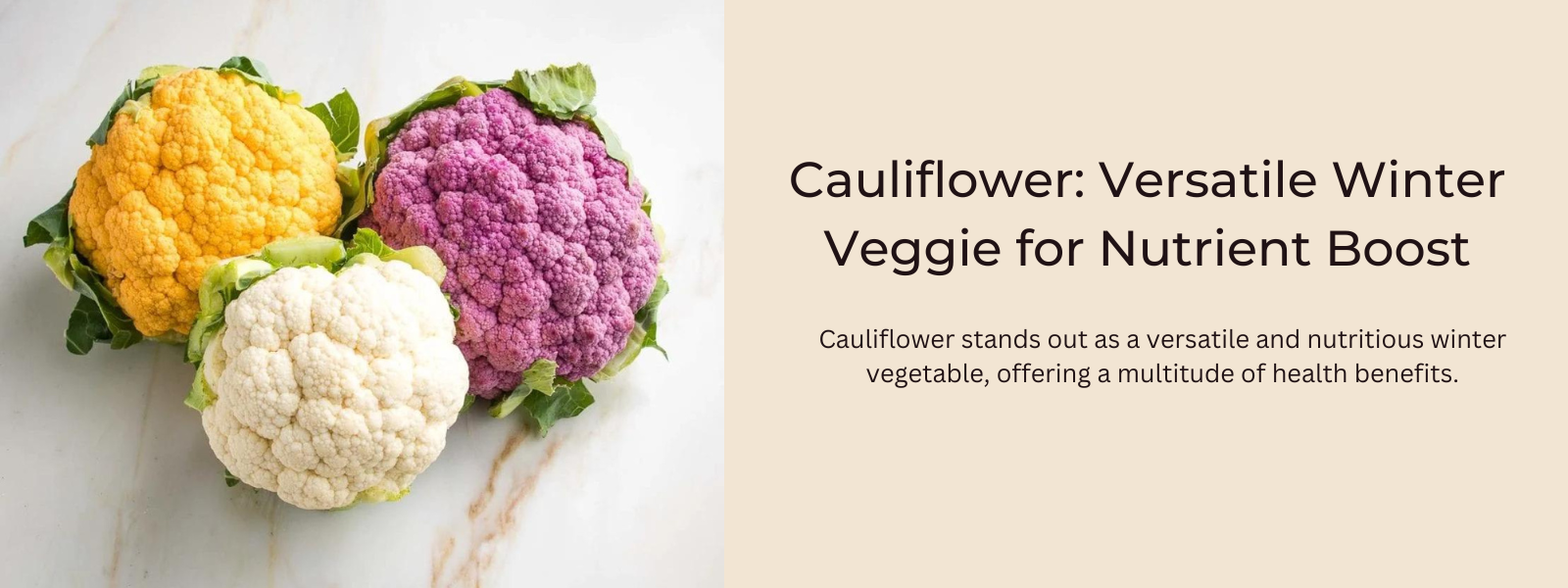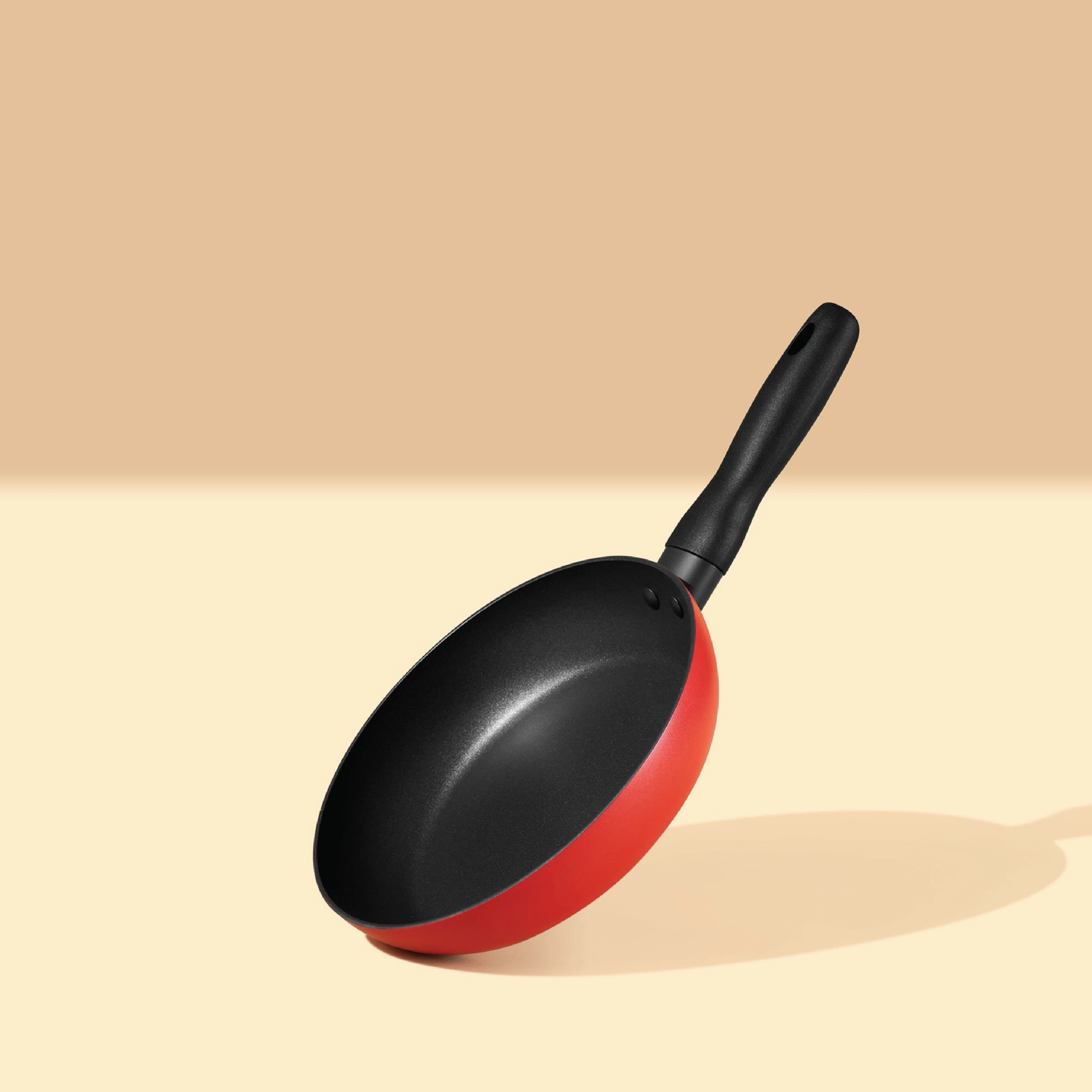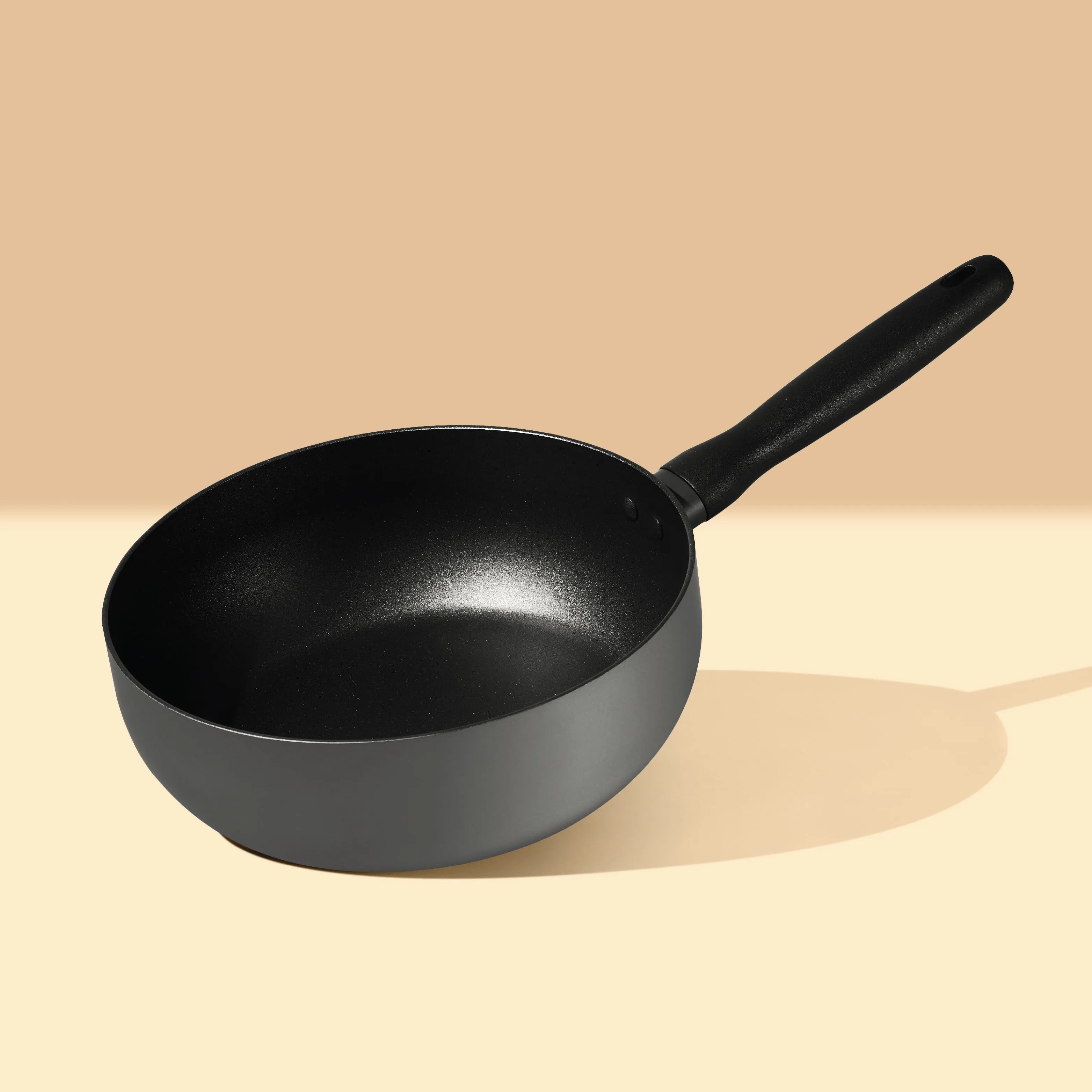Pumpkin, a quintessential winter squash, stands out as a nutritional powerhouse packed with vital vitamins and nutrients. Renowned for its rich beta-carotene content, pumpkin offers a substantial dose of vitamin A, promoting optimal vision, bolstering the immune system, and contributing to radiant skin health. Laden with antioxidants, including beta-carotene, this versatile squash helps combat harmful free radicals, potentially reducing the risk of chronic illnesses. Beyond its vitamin A prowess, pumpkin supplies essential vitamins like vitamin C and vitamin E, along with dietary fiber, fostering digestive health and providing a sense of fullness. Its versatility in culinary applications, ranging from savory soups to delectable pies, combined with its low-calorie nature, cements pumpkin as a wholesome and flavorful addition to winter meals, offering both taste and nutritional benefits.
Table of Contents
Pumpkin And Its Key Features:
Pumpkin is a type of winter squash that belongs to the Cucurbitaceae family. It is known for its vibrant orange color and is commonly associated with the fall season, especially during Halloween and Thanksgiving. Here are the key features of pumpkin:
- Nutrient-Rich: Pumpkins are packed with essential nutrients, particularly beta-carotene, a potent antioxidant that gives them their bright orange color. Beta-carotene is converted into vitamin A in the body, supporting healthy vision, immune function, and skin health.
- Versatility: Pumpkins are incredibly versatile in cooking. They can be used in various culinary preparations, both sweet and savory. They are commonly used in dishes such as soups, pies, bread, muffins, curries, stews, and roasted vegetables.
- Fiber Content: Pumpkins are a good source of dietary fiber, aiding in digestion and providing a feeling of fullness, which can be beneficial for weight management.
- Low in Calories: Despite their nutritional richness, pumpkins are relatively low in calories, making them a healthy addition to a balanced diet.
- Long Shelf Life: Whole pumpkins have a long shelf life if stored properly in a cool, dry place. Additionally, canned pumpkin or pumpkin puree is available year-round and is convenient for use in various recipes.
- Traditionally Seasonal: Pumpkins are commonly associated with the fall and winter seasons, making them a popular ingredient for seasonal dishes and celebrations.
- Pumpkin Seeds: The seeds, known as pepitas, are edible and are a good source of protein, healthy fats, fiber, and various vitamins and minerals.
What Makes Pumpkin A Popular Indian Vegetable?
Pumpkin, a popular winter squash, is indeed a nutritious and versatile vegetable rich in vitamins and other essential nutrients. Here are some reasons why pumpkin is considered a healthy choice:
- Vitamin-Rich: Pumpkin is packed with essential vitamins, particularly vitamin A. A single cup of cooked pumpkin contains a significant amount of beta-carotene, a precursor to vitamin A, known for promoting healthy vision, supporting the immune system, and aiding in skin health.
- High in Antioxidants: Pumpkin contains antioxidants like beta-carotene, which help neutralize harmful free radicals in the body, potentially reducing the risk of chronic diseases and supporting overall health.
- Nutrient-Dense: Apart from vitamin A, pumpkin also provides vitamin C, vitamin E, potassium, and other beneficial nutrients. These nutrients contribute to immune function, skin health, and overall well-being.
- Fiber Content: Pumpkin is a good source of dietary fiber, promoting digestive health and aiding in weight management by providing a feeling of fullness.
- Versatile and Low in Calories: Pumpkin can be used in various culinary dishes, both sweet and savory, such as soups, curries, pies, smoothies, and more. Additionally, it's low in calories, making it a great addition to a balanced diet.
- Seeds Rich in Nutrients: Pumpkin seeds, also known as pepitas, are a nutritious snack packed with protein, healthy fats, fiber, and various vitamins and minerals.
During the winter season, incorporating pumpkin into your diet can provide an array of health benefits due to its rich nutrient profile. Whether roasted, pureed, or baked, this versatile winter squash can enhance both the flavor and nutritional content of meals.
What Makes Pumpkin A Staple Winter Food?
Pumpkin earns its status as a staple winter food due to several reasons:
- Seasonal Availability: Pumpkins are typically harvested in the fall and remain available throughout the winter season. Their extended availability during colder months makes them a natural choice for seasonal cooking and meals.
- Versatility in Cooking: Pumpkin is incredibly versatile and can be used in various culinary preparations, both sweet and savory. It can be roasted, pureed, baked, or used as an ingredient in soups, stews, curries, pies, muffins, and more, making it an adaptable ingredient for a wide range of dishes.
- Nutritional Density: Packed with essential nutrients like vitamin A, vitamin C, dietary fiber, and antioxidants, pumpkin offers a range of health benefits. Its rich beta-carotene content, which the body converts into vitamin A, is particularly valuable for vision health, immune function, and skin health—all important aspects during the winter months.
- Comforting and Warming: Many pumpkin-based dishes, such as soups, stews, and pies, offer a warm and comforting feel, perfect for the colder weather. They provide a sense of coziness and satisfaction during the winter season.
- Long Shelf Life: Whole pumpkins have a relatively long shelf life when stored properly, allowing them to be kept for an extended period without spoiling. Additionally, pumpkin puree or canned pumpkin is available year-round and is convenient for use in recipes throughout the winter months.
These attributes, along with its rich nutritional content and adaptability in cooking, make pumpkin a favored ingredient for warming and nutritious meals during the winter, contributing to its status as a staple winter food.
Popular Pumpkin Recipes:
In Indian cuisine, pumpkin is used in various delicious dishes, both sweet and savory.
Here are a few popular Indian-based pumpkin recipes:
- Pumpkin Curry (Kaddu ki Sabzi): A simple and flavorful dish where pumpkin pieces are cooked with aromatic spices like cumin seeds, turmeric, coriander, and garam masala. It can be made dry or with a gravy base and served with Indian bread like chapati or rice.
- Pumpkin Halwa: A traditional Indian dessert made by grating or pureeing pumpkin and cooking it with ghee, milk, sugar, and cardamom until it thickens into a rich, sweet pudding-like dessert. Garnished with nuts, this dish is enjoyed during festivals and celebrations.
- Pumpkin Soup (Kaddu ka Soup): A comforting and nutritious soup made by blending cooked pumpkin with onions, garlic, spices, and sometimes coconut milk or cream for added richness. It's a warming dish perfect for cold winter evenings.
- Pumpkin Paratha: Grated pumpkin is mixed with whole wheat flour, spices, and herbs to make flavorful and nutritious pumpkin parathas. These flatbreads are roasted with ghee or oil and served with yogurt, pickles, or chutney.
- Pumpkin Raita: Grated or cubed pumpkin is cooked and mixed with yogurt, spices like roasted cumin powder, salt, and garnished with cilantro. This cooling and flavorful dish complement spicy Indian meals.
- Pumpkin Sambar: A South Indian lentil-based dish where pumpkin pieces are cooked with lentils, tamarind, and a blend of spices to create a tangy and savory stew-like preparation, commonly served with rice or idli/dosa.
- Pumpkin Pakoras: Slices of pumpkin coated in a spiced chickpea flour batter and deep-fried until crispy. These fritters are served as a snack or appetizer, often paired with chutneys or sauces.











Leave a comment